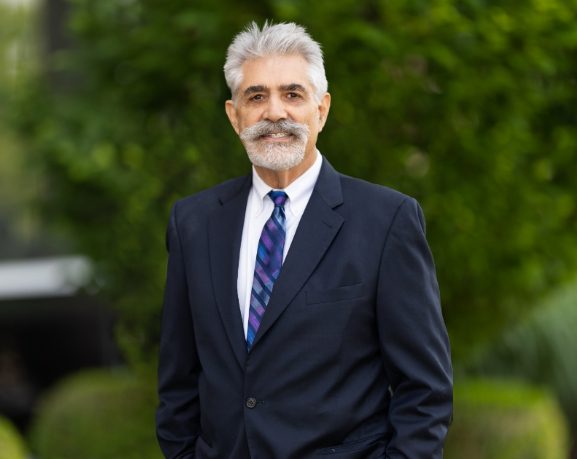 Our wisdom teeth get their name because they usually come in when in a person is 17–21 years old. Wisdom teeth are also called third molars, following the first set at age 6 and the second at age 12. Though these teeth often come in and function normally, often they are removed.
Our wisdom teeth get their name because they usually come in when in a person is 17–21 years old. Wisdom teeth are also called third molars, following the first set at age 6 and the second at age 12. Though these teeth often come in and function normally, often they are removed.
Why Do We Remove Wisdom Teeth?
Often, wisdom teeth present problems when they erupt through the gum line at an angle. This creates pockets that are difficult to keep clean, which could lead to infection. They also misalign other teeth. Your oral surgeon may recommend wisdom teeth removal if they might present a problem to your oral health, such as impaction, difficulty cleaning, or overcrowding.
When Should I Get My Wisdom Teeth Removed?
Generally, we recommend removing your wisdom teeth before they become a problem. The American Dental Association recommends scheduling an evaluation of your wisdom teeth between the ages of 16 and 19. The reasoning behind this is simple: Before age 20, the roots of your teeth are less established. This makes removing them easier and decreases your risk of potential complications.
For this age group, the summer is the perfect time to schedule a checkup. If your oral health professional decides you need your wisdom teeth removed, consider scheduling the procedure over school break. You don’t want them to break through the gum line in the heat of a busy semester.
Set Aside a Few Days of Recovery
Having your wisdom teeth removed may seem intimidating, but it’s a routine dental procedure. Listen to the advice of your oral surgeon, stock your refrigerator with easy-to-swallow foods, and you’ll make a speedy recovery within a few days – hardly any of your break will be lost, and a little initiative will help you focus on your school work for the rest of the year.
While routine, wisdom teeth removal is still surgery. This means you’ll have to carve out time to rest and heal. We recommend scheduling your extraction when you don’t have many obligations – such as during a spring or summer break.
If you notice pain in the back of your mouth or a tooth coming in, don’t ignore it. Schedule an appointment with your oral surgeon and discuss wisdom teeth removal. Left unchecked, these teeth can cause tooth decay, infection, and even serious health problems. Contact us to schedule your wisdom teeth evaluation or removal.
The information and content on our website should not be used as a substitute for medical treatment or advice from your doctor.









